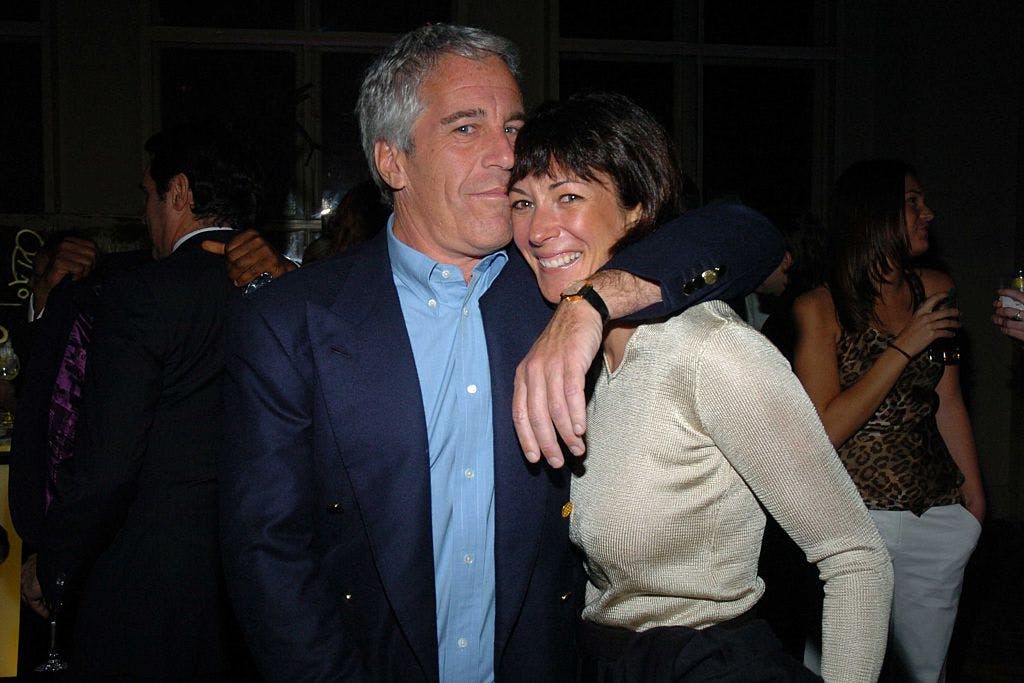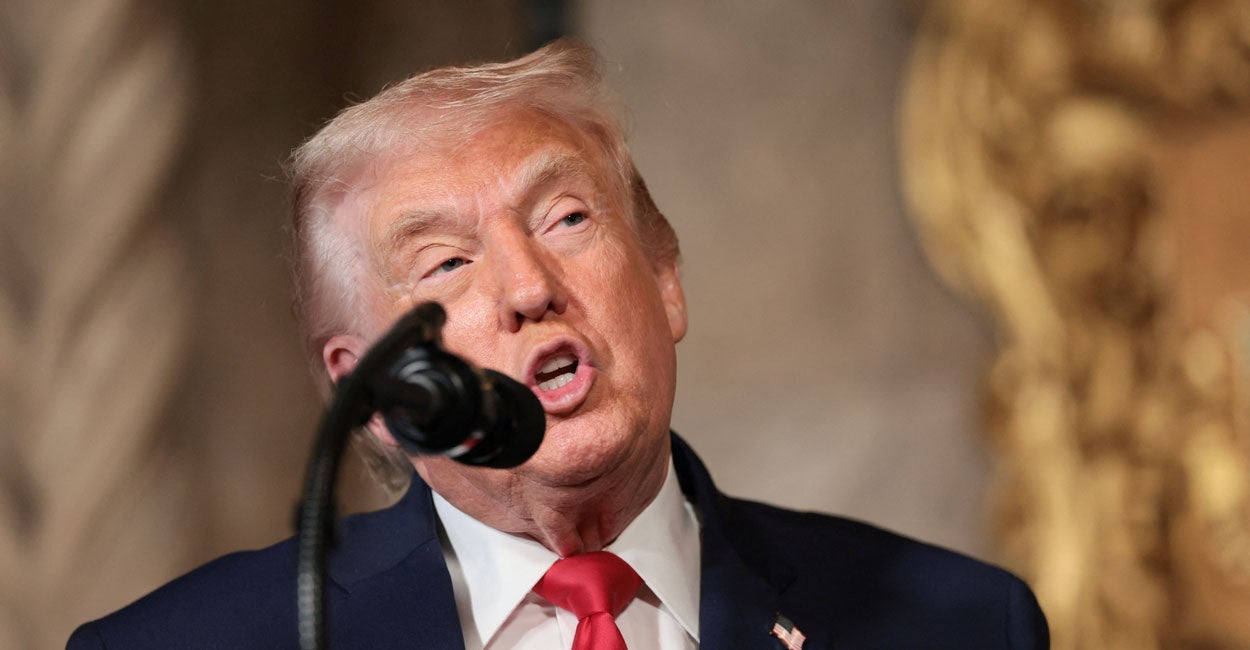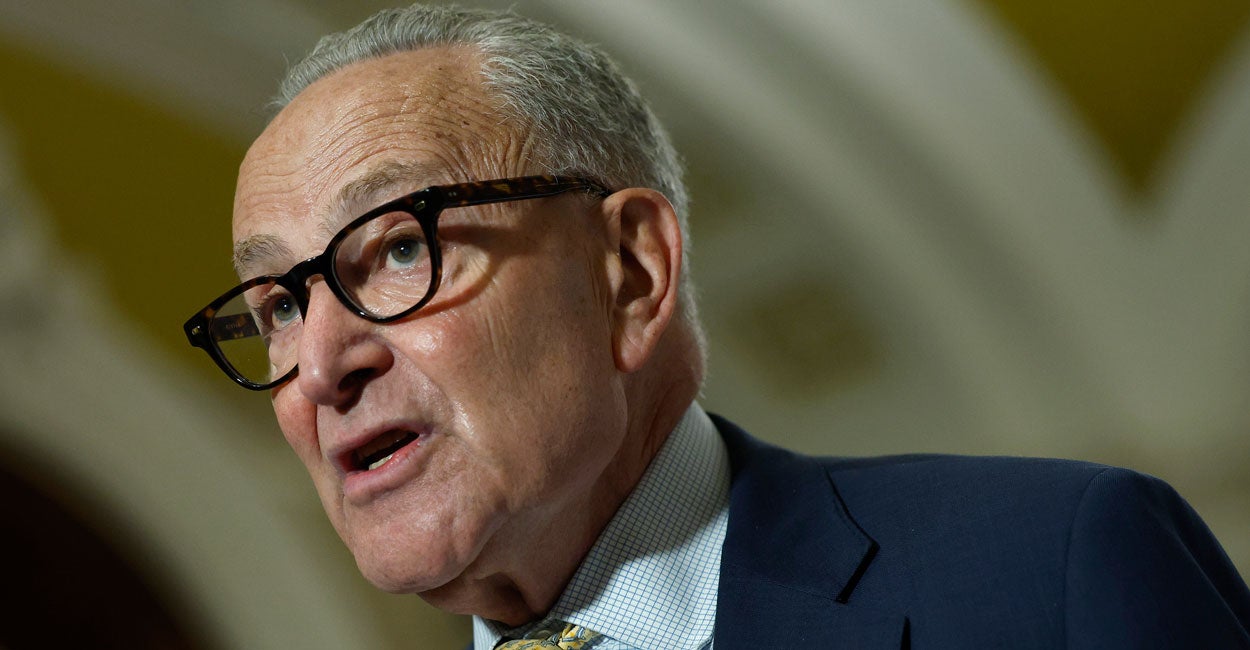Why tariffs beat treaties in a world that cheats
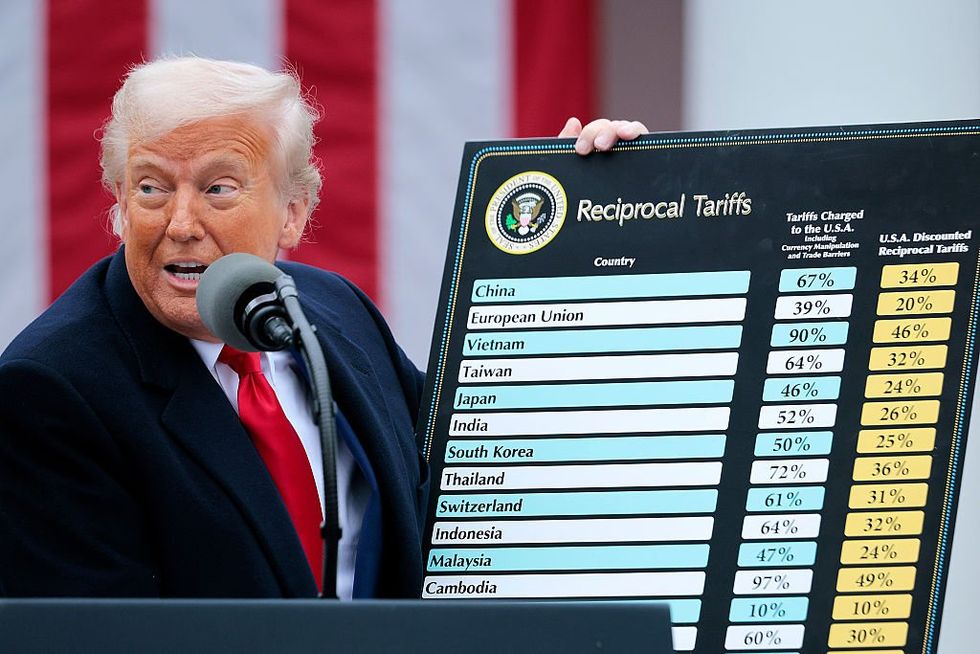
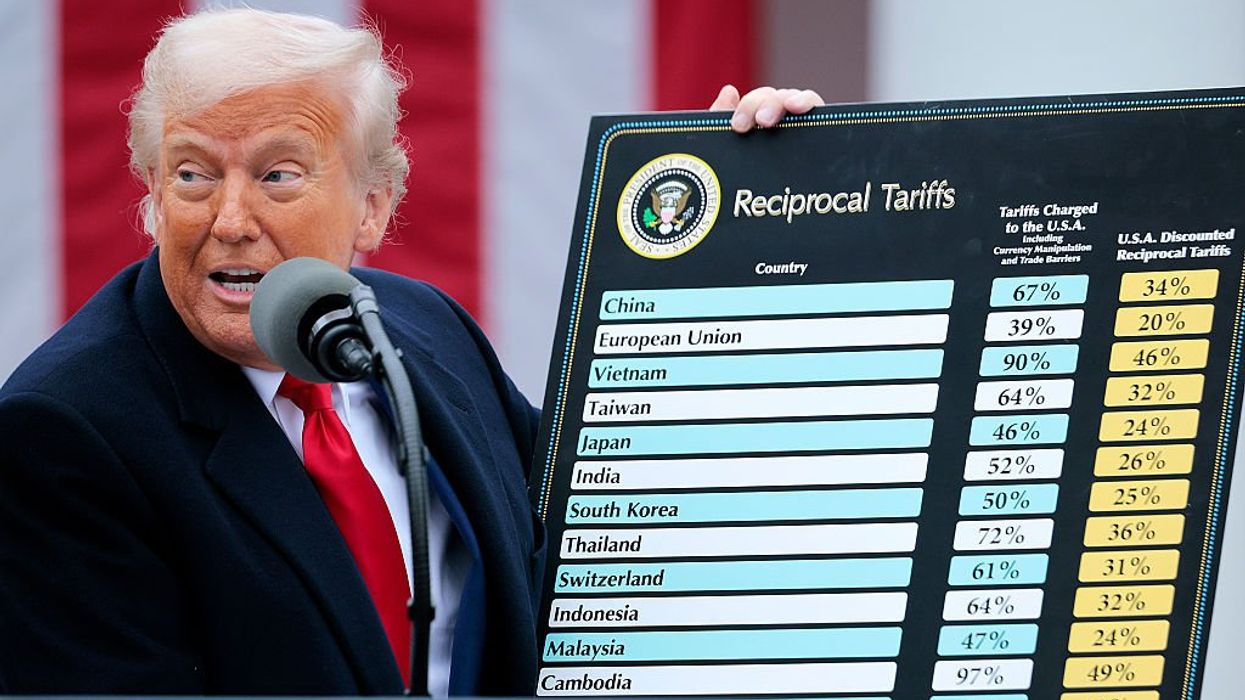
President Trump’s tariffs are set to snap back to the “reciprocal” rates on Wednesday — unless foreign countries can cut deals. So far, the only major players to reach agreements in principle are the United Kingdom and, ironically, China.
Live Your Best Retirement
Fun • Funds • Fitness • Freedom
Others aren’t so lucky. The European Union, Japan, and India all risk facing a sharp increase in tariffs. Each claims to support free trade. India has even offered a so-called zero-for-zero deal. Vietnam offered similar terms.
Free trade is a myth. Tariffs are reality. The Trump administration should raise them proudly and without apology.
The Trump administration should be skeptical. These deals sound good in theory, but so does communism. In practice, “true” free trade — like true communism — has never existed. It’s impossible. The world’s legal systems, business norms, and levels of development differ too much.
Economists may still chase unicorns. But the Trump administration should focus on tilting the board in our favor — because someone else always will.
Free trade is a mirage
Start with the basics: Different countries are different. Their economies aren’t equal, their wages aren’t comparable, and their regulations certainly aren’t aligned.
Wages may be the most obvious example. In 2024, the median annual income for Americans was around $44,000. In India, the median annual income was just $2,400. That means American labor costs nearly 20 times more. And since labor accounts for roughly a third of all production costs, the math practically begs U.S. companies to offshore work to India.
RELATED: Trump’s tariffs take a flamethrower to the free trade lie
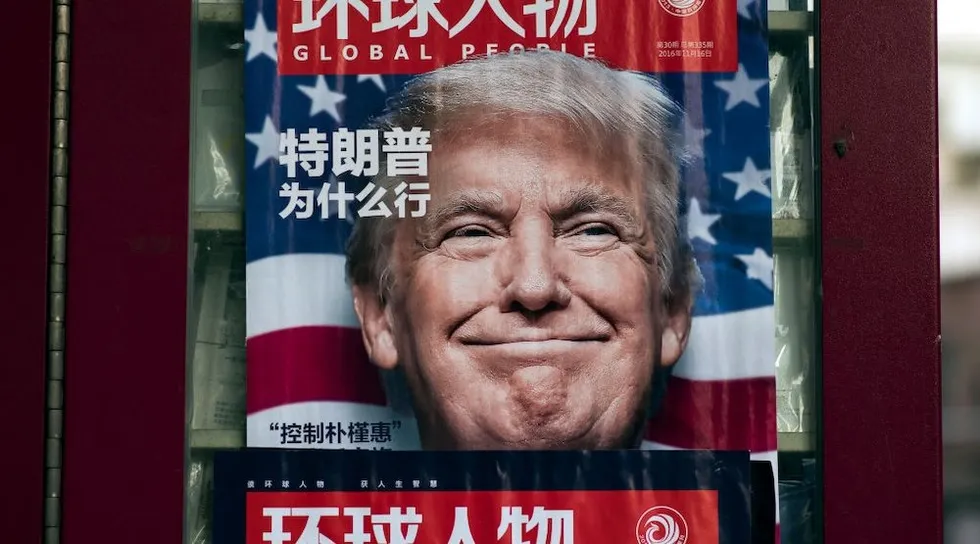 Photo by JOHANNES EISELE/AFP via Getty Images
Photo by JOHANNES EISELE/AFP via Getty Images
It’s China in 2001 all over again.
Back then, the average U.S. wage was about $30,000. China’s? Just $1,100. When China joined the World Trade Organization, American manufacturers fled en masse. Since 2001, more than 60,000 factories have disappeared — and with them, 5 million jobs.
The result: decimated towns, stagnant wages, and hollowed-out industrial capacity. And don’t blame robots or automation. This was policy-driven — an elite obsession with free trade that delivered real pain to working Americans.
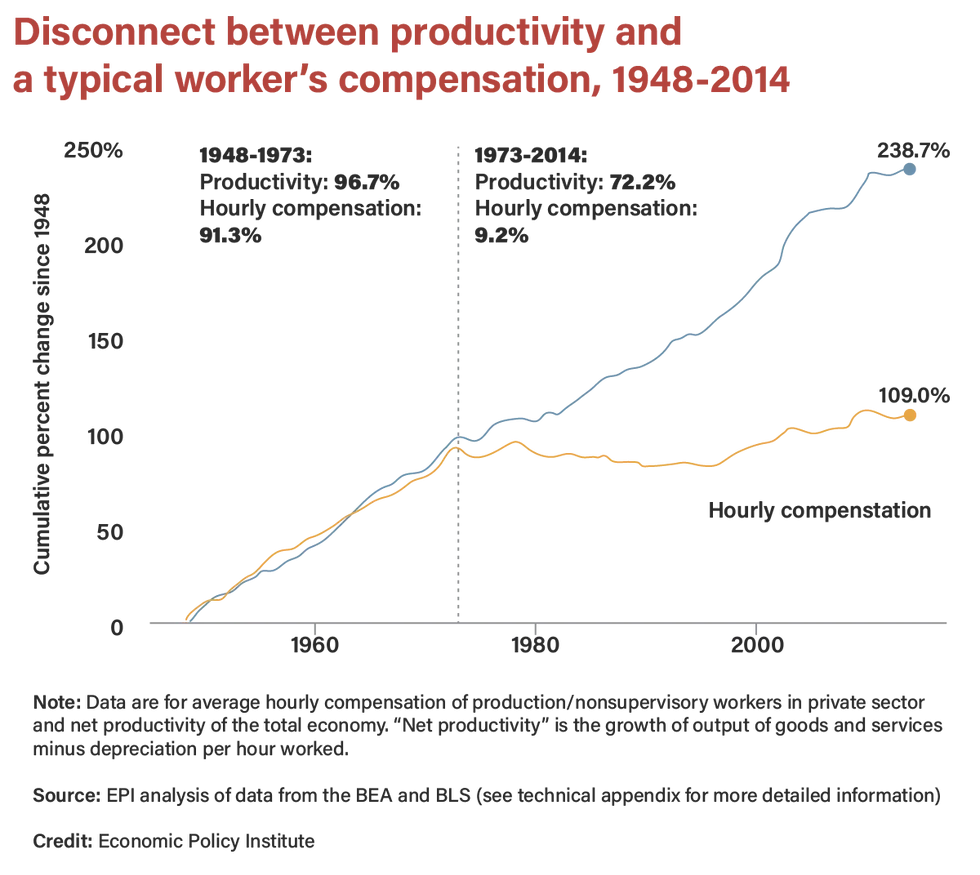
We’ve run trade deficits every single year since 1974. The inflation-adjusted total? Roughly $25 trillion. And while U.S. workers produce more value than ever, their wages haven’t kept up. They’ve been undercut by cheap foreign labor for decades.
Equal partners? Think again
What if the other country is rich? Can free trade work between economic peers?
Not necessarily. Even when GDP levels match, hidden differences remain. Take regulation. America enforces labor standards, environmental protections, and workplace safety rules. All of those raise production costs — but for good reason. American-made goods reflect those costs in their price tags.
Meanwhile, competitors like China or Mexico cut corners. They dump waste, abuse workers, and sidestep accountability. The result? Cheaper products — on paper. But those costs don’t vanish. They just get pushed onto others: polluted oceans, exploited laborers, sicker consumers.
This is why the sticker price on a foreign good doesn’t reflect its true cost. The price is a lie. Cheapness is often just corner-cutting with a smile.
National strength means self-reliance
Rather than debating whether free trade is possible, we should ask whether it’s good for America.
Should we outsource core industries to foreign nations with no loyalty to us? Should we depend on countries like China for our pharmaceuticals, our electronics, or even our food?
The founders didn’t think so. The Tariff Act of 1789 wasn’t about boosting exports — it was about building an independent industrial base. A sovereign nation doesn’t beg for favors. It builds.
We aren’t just an economy. We are a people — a nation united by heritage, language, faith, and trust. That matters more than quarterly profits.
Free trade is a myth. Tariffs are reality. The Trump administration should raise them proudly — and make no apologies for putting America first.
Originally Published at Daily Wire, Daily Signal, or The Blaze
What's Your Reaction?
 Like
0
Like
0
 Dislike
0
Dislike
0
 Love
0
Love
0
 Funny
0
Funny
0
 Angry
0
Angry
0
 Sad
0
Sad
0
 Wow
0
Wow
0


